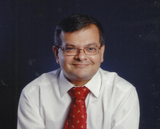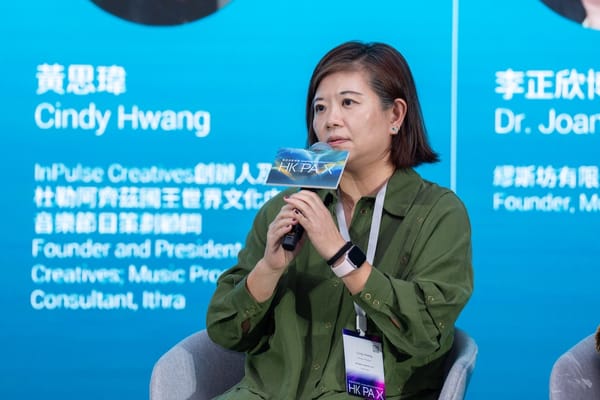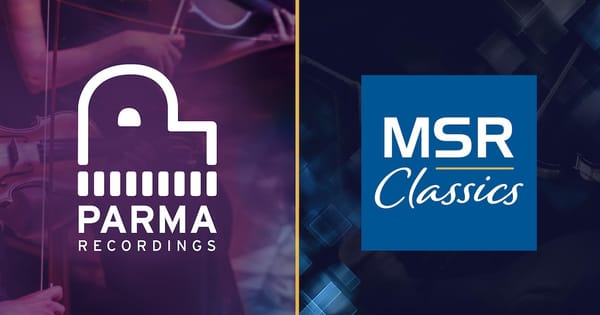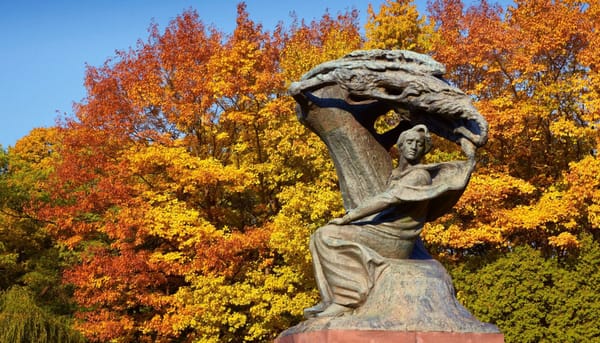‘Childhood’ Concertos
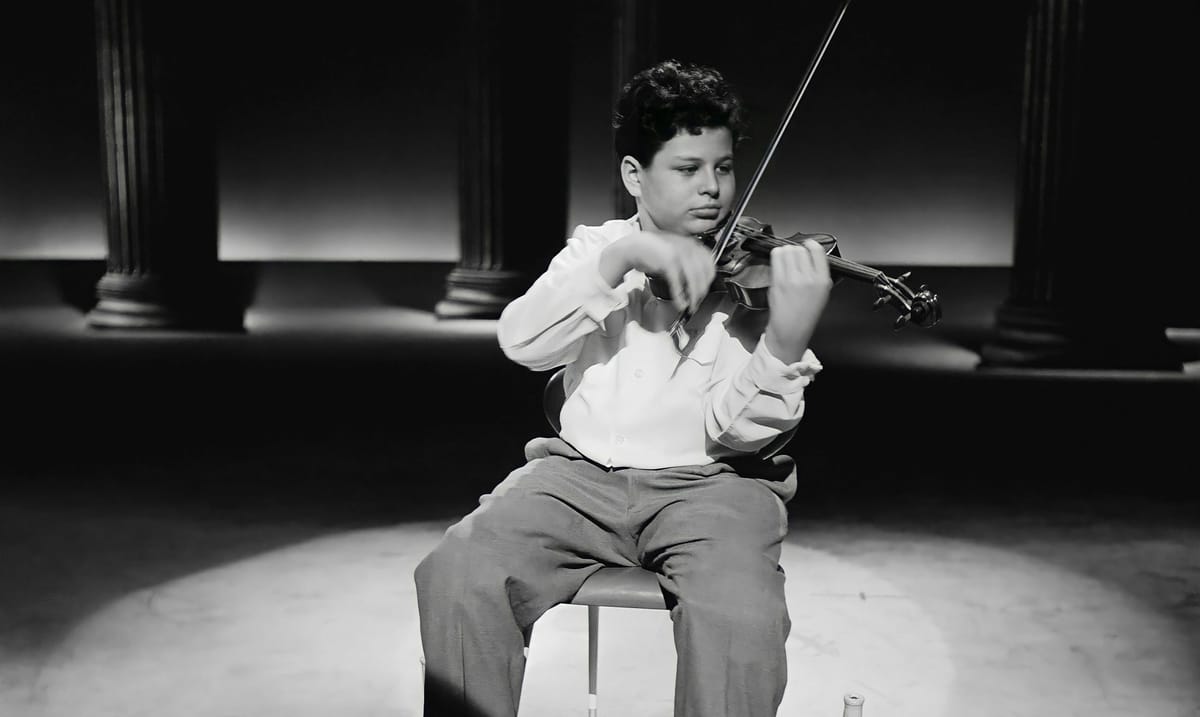
In so many ways, I envy this generation of children growing up, and wish I could be a child in this day and age along with them. When I was a student of the violin, my repertoire was restricted to what was available in the only music store in town, which was quite limited. Even on the occasional trip to Bombay (as it was known then), I would be with relatives in Chembur, which meant a trip to Furtados in Dhobitalao. Here there was more variety, but it was daunting browsing through sheet music without the guidance of my violin teacher to ascertain what was suited to my level.
Then as now, sheet music was expensive to buy. So, my very early violin repertoire was restricted to the various violin tutors (Roland, Eta Cohen, and Honeyman come to mind), and of course the step-wise grade music of the Trinity College of Music London that Fr Martin Fernandes, our parish priest and founder of our St Cecilia Music School, would encourage us to take annually.
It also meant that the (almost) only times I had the privilege of playing music with piano accompaniment were in preparation for those exams. Our accompanist then was one Ms Martin, who accompanied all entrants from our school. There were few upright pianos in working condition and in tune. I remember going variously to a residence in Neugi Nagar and to Hotel Venite for ‘exam’ rehearsals as that’s where the piano was.
One notable exception to playing ‘exam’ music that stands out was performing Mendelssohn’s ‘Spring Song’ with ‘Miss Philu’ (Philomena D’Cruz) on local radio for an evening broadcast sometime in the late 1970s. I remember it because I found the whole recording process excitingly high-tech!
The transition to suddenly playing ‘serious’ music as I grew older seems very abrupt in retrospect. While recruiting participants for the Music Camp 2022 (May 8 to 14, the first time that the NCPA (National Centre for the Performing Arts) Mumbai and the SOI (Symphony Orchestra of India) are holding such an event in Goa), a young teenage girl played (and very ably too!) the first movement of Violin Concerto in B minor, Op 35 by violin pedagogue Oskar Rieding (1840–1916) that features on the great violinist Itzhak Perlman’s 1999 recording, a collection of famous student concertos (‘Concertos from My Childhood’) with New York’s Juilliard School Orchestra conducted by Lawrence Foster.
I didn’t have access to such music at her age. How I wish I did! This concerto in particular is such a joy to listen to and play. Rieding expressly composed such works to address the lack of suitable beginner material. The whole concerto fits comfortably in first position, although as the student advances, the higher positions give a wider one a tonal and expressive palette.
I first came across the music of the next featured composer (Friedrich Seitz 1848-1918) on the Perlman album when someone (I don’t remember who) had a discount sale of sheet music at the Kala Academy much later in my growth as a violinist.
The internet has changed everything. For starters, you can listen to an infinite spectrum of top-notch playing at extremely high fidelity, for free. You can watch tutorials (if you know where to look) that break down the technical aspects of playing into small, manageable steps.
Also, there’s so much sheet music available online, most of it for free if not in copyright, or it can be ordered online for a fee, for direct printing or mail delivery.
In 2005, the launch of the International Music Score Library Project (IMSLP for short, also known as the Petrucci Music Library) revolutionised access to music scores.
The other three works in the Perlman disc (Jean-Baptiste Accolay (1833-1900): Violin Concerto No 1 in A minor; Charles Auguste de Bériot (1802-1870): Scène de ballet for violin and/or orchestra, Op 100; and Giovanni Battista Viotti (1755-1824): Concerto for violin and orchestra No 22 in A minor, G97) are more challenging in terms of technical prowess. It’s a shame that no recordings of the child Perlman playing these works were ever made.
Access even to audio music used to be so difficult in my younger years that as soon as I acquired a tape recorder and blank tapes, I would record any classical music I could get from the local radio. That’s how I was able to listen to Yehudi Menuhin playing (and conducting the Menuhin Festival Orchestra from the violin 1978) the Viotti concerto.
As a reviewer of the Perlman disc in Gramophone magazine put it, none of these works are “great” music. They don’t have the gravitas or popular appeal of the war-horses by Mendelssohn, Beethoven, Brahms or Tchaikovsky, which is why they’re not found on concert programmes, and even recordings are far fewer. But they are important stepping-stones to “great” music.
Ever since getting involved in string teaching at Child’s Play, I’ve explored concertos and other works playable by students of intermediate level for viola and cello. Some concertos by Georg Philipp Telemann (1681-1767) are within technical reach, for instance, his concerto in G major (TWV 51: G9).
For the cello there are suitable sonatas, concertos and concertinos by Jean-Baptiste Sebastien Bréval (1753-1853) and Bernhard Romberg (1767-1841).
There is a lovely clip on YouTube where the great conductor, composer, and educator Leonard Bernstein introduces seven-year-old cello prodigy Yo-Yo Ma (accompanied at the piano by his 11-year-old sister Yeou-Cheng Ma) before they play the first movement of Bréval’s Concertino no 3 in A major to Presidents John F Kennedy and Dwight D Eisenhower at ‘An American Pageant of the Arts’ in 1962.
Today it is possible to download the sheet music for all the works I’ve mentioned above, and to hear them played as well. Thanks to Perlman, there are now decent recordings of the Rieding and Seitz, for example. But good renditions of Bréval are less easy to find. Perhaps someday, like Perlman, Ma will also record concertos and pieces from his own childhood.
This article first appeared in The Navhind Times, Goa, India.

